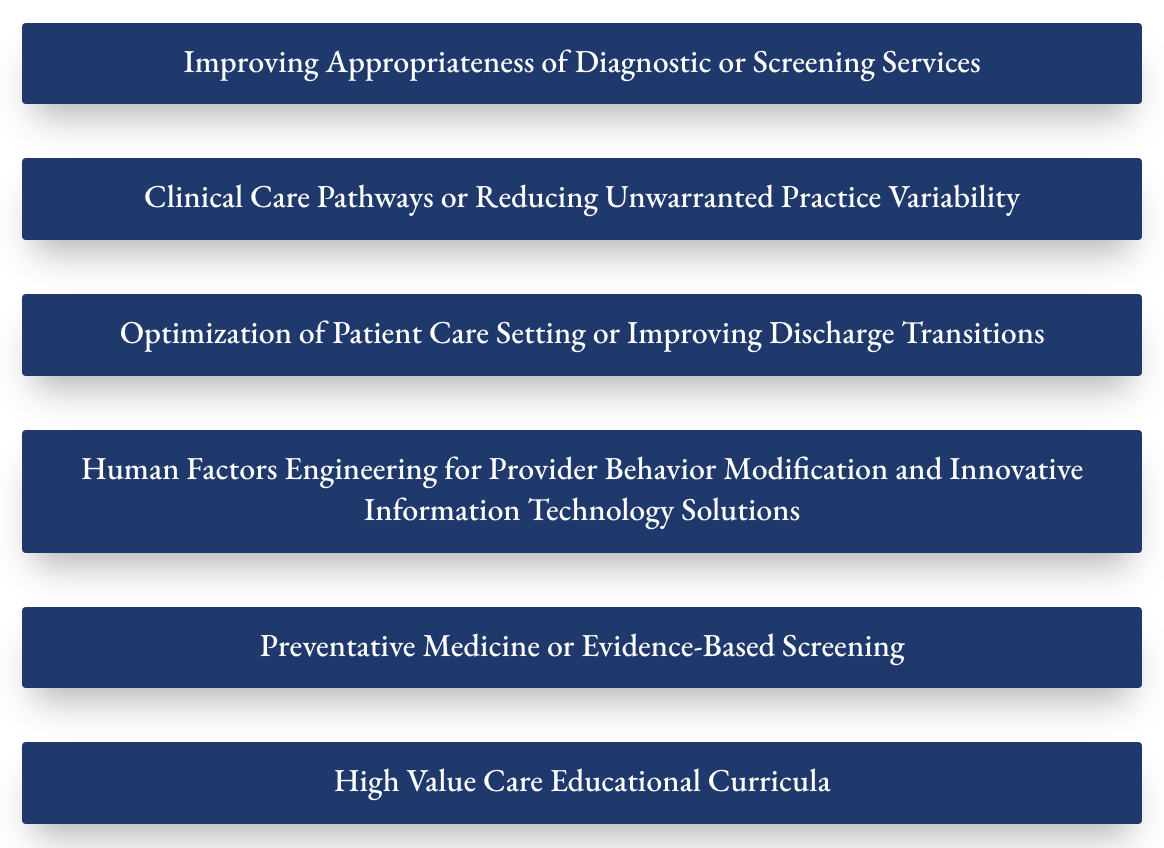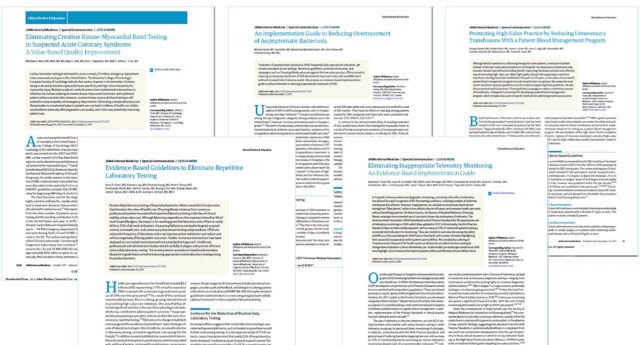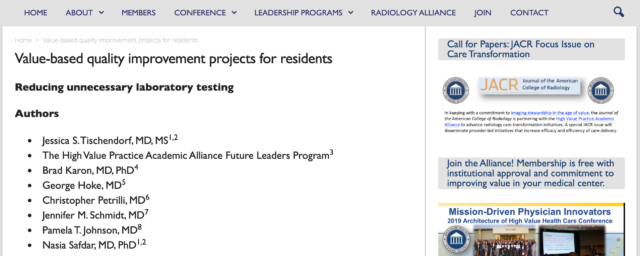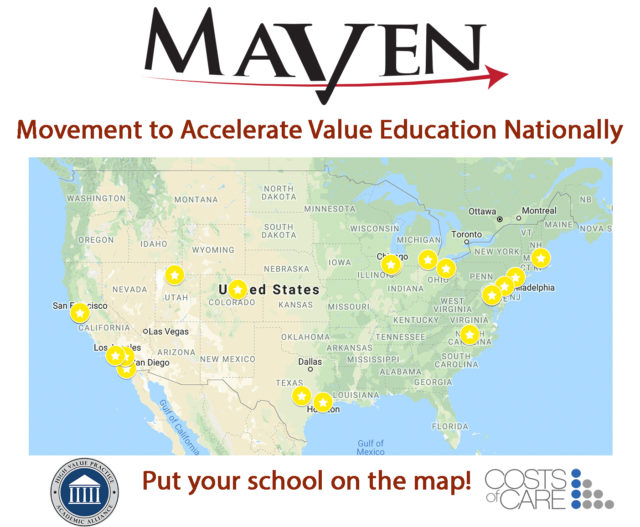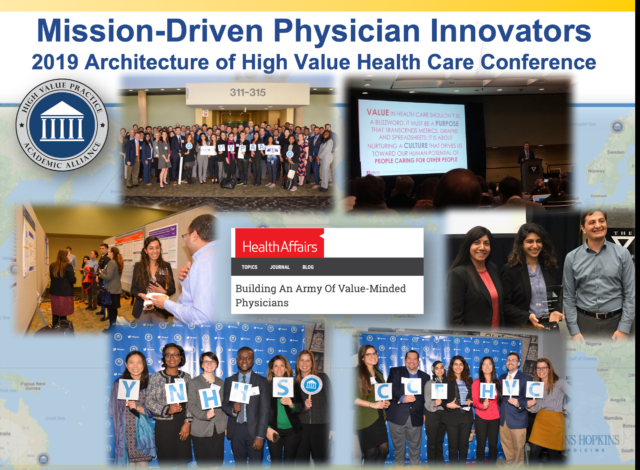From the 2022 HVPA National Conference
Hannah Kay MD (University of Colorado), Michael Tchou MD, Barry Seltz MD, Kimberly O’Hara MD
Background
Overdiagnosis and overtreatment contribute to high costs and potential harm to patients. One strategy to reduce costs is to train physicians to deliver high-value care (HVC). The Accreditation Council for Graduate Medical Education also mandates residents incorporate cost awareness into patient care. Yet, no standardized curricula exist to best teach residents how to deliver HVC.
Objective
To develop, implement, and evaluate a longitudinal, email-facilitated HVC curriculum for pediatric residents utilizing a case competition focused on cost-effective diagnostic evaluation
Methods
Informed by the conceptual frameworks of social cognitive theory and communities of practice, we developed a team-based case competition where 5 self-constructed clinical cases (with input from content experts) were emailed to all residents (N=114) every other month from August 2020 to May 2021. Each residency class had 3 days to collaborate with classmates and request diagnostic testing results via e-email to the faculty facilitator before submitting their diagnosis. We piloted this format to offer flexibility for participation. The correct diagnosis, cost of each teams’ evaluation, optimal HVC evaluation, and HVC concepts were then provided. We surveyed all residents and conducted 2 focus groups of residents (N=5). Using basic interpretative qualitative methodology, focus group transcripts were analyzed by three faculty and one resident iteratively until consensus of themes was obtained.
Results
A mean of 28 residents participated in each case, which included 17% of PGY-1s, 9% of PGY-2s, and 16% of PGY-3+s. Survey results (response rate 36%) revealed 81% of residents reported this case competition was very or moderately useful for their clinical practice, and 78% felt email was very or moderately effective as an educational method. Qualitative analysis found the case competition increased resident appreciation and awareness of HVC and promoted discussions about HVC in clinical settings; gamification facilitated resident engagement; collaboratively working through cases enhanced learning and motivated some residents to become a better physician; and email enabled many residents to participate in learning.
Conclusion
A longitudinal email-facilitated case competition may be an effective strategy to improve resident cost awareness. Gamification increased resident engagement, and the email format allowed for flexibility for some residents. Further work is needed to incorporate other HVC principles such as patient/family experience into the curriculum.
